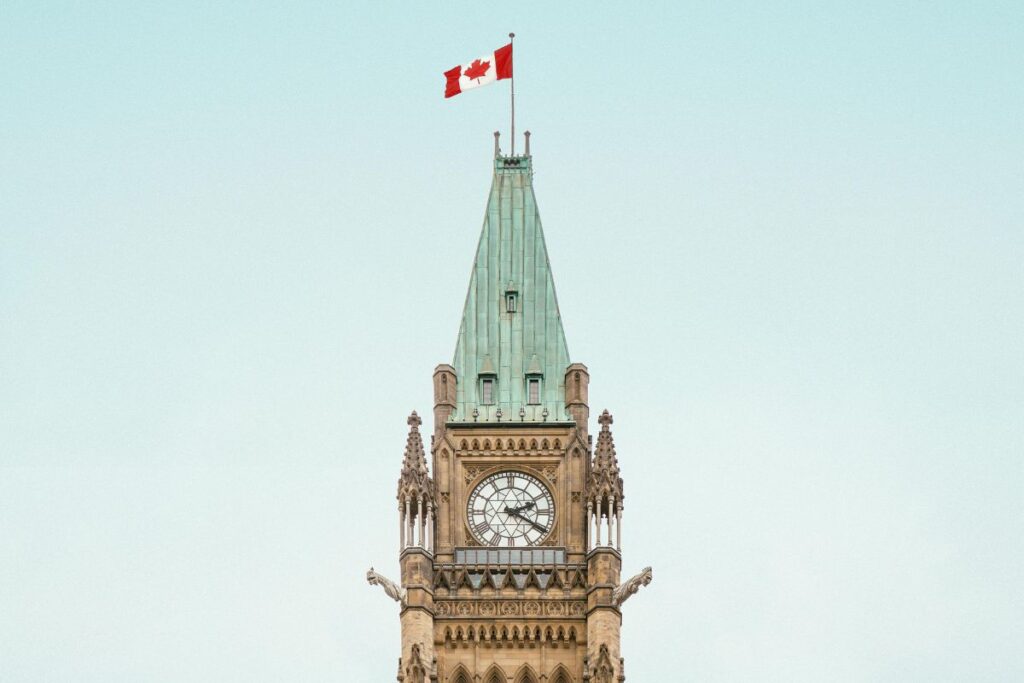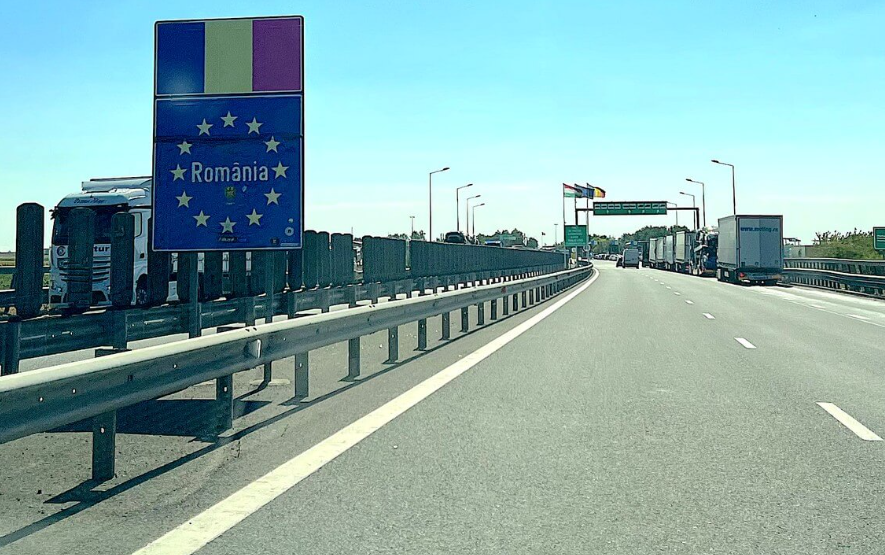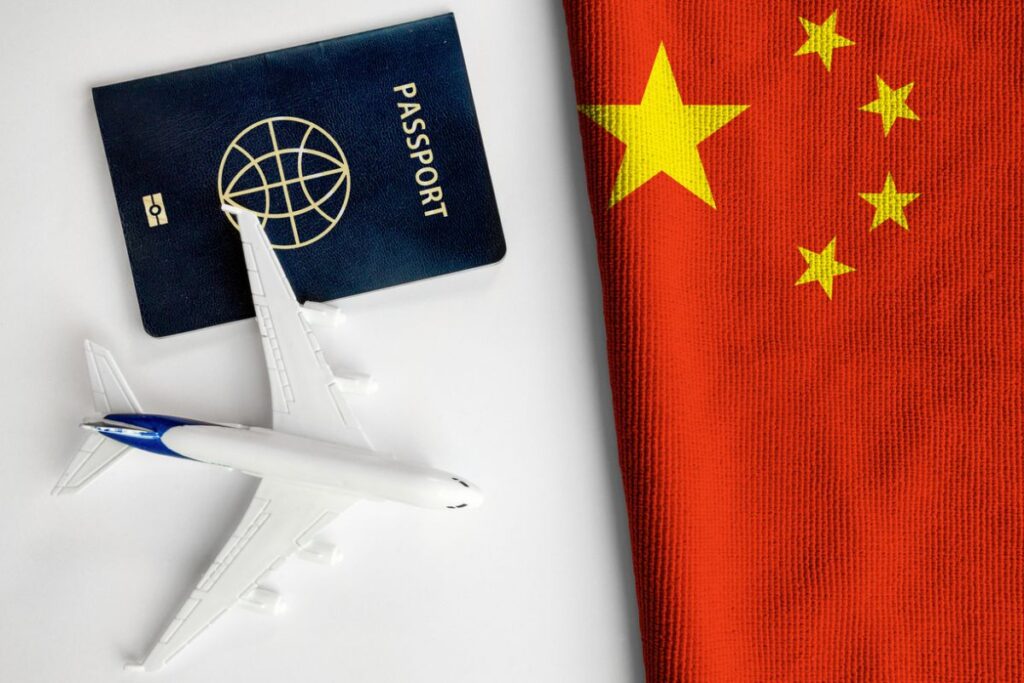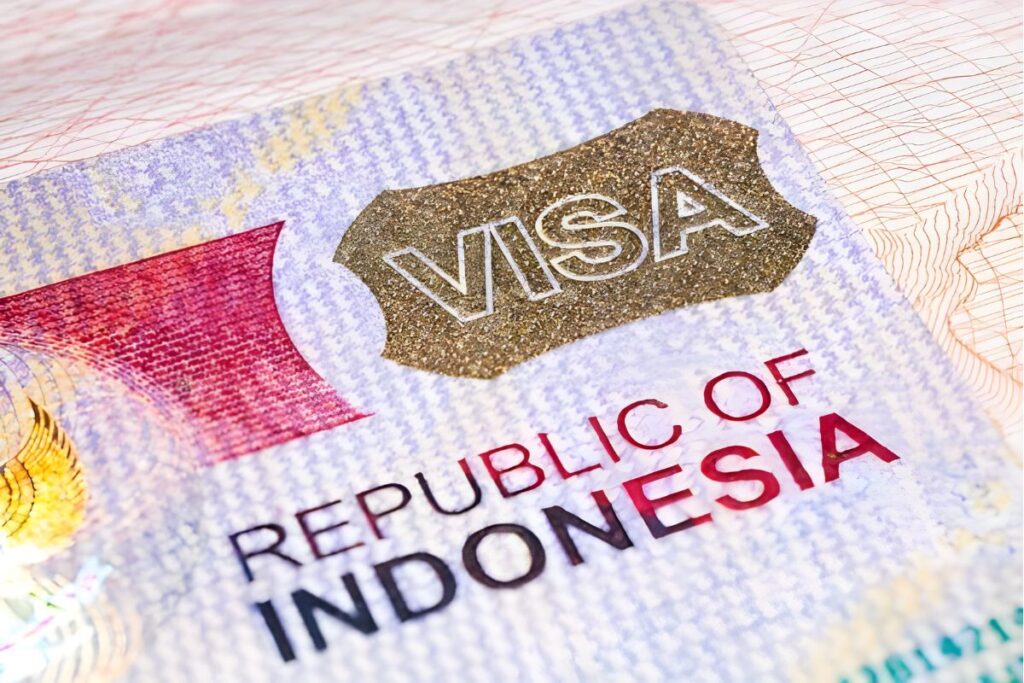
Rejoicing trumpets have turned into impatient honking for Romanian road hauliers. While they welcome the partial accession of Romania and Bulgaria to the Schengen Zone in March 2024, a crucial piece of the puzzle remains stubbornly locked – access through land borders. The National Union of Road Hauliers from Romania (UNTRR) is urging authorities to set a definitive date for this vital step, highlighting the crippling €2.41 billion in losses the industry endures while stuck in limbo.
Imagine trucks loaded with goods inching through endless queues, paperwork mountains multiplying at border checkpoints, and precious hours melting away with every frustrating delay. This is the harsh reality for Romanian hauliers, forced to navigate the Schengen Area with one hand tied behind their back. While air and sea borders will open seamlessly in March, land routes remain frustratingly closed, creating a fragmented and inefficient system.
“Schengen accession is an important and much-awaited step by Romanian passengers and transport operators,” UNTRR secretary general Radu Dinescu aptly states. “Yet now, Romania’s joining the Schengen with the land borders is an emergency for road freight carriers.” The €2.41 billion figure speaks volumes. This isn’t just a bureaucratic inconvenience; it’s a drain on the Romanian economy, a stranglehold on the efficiency of European trade, and a burden borne by drivers facing grueling delays and lost productivity.
UNTRR’s calls for a clear timeline resonate with concerns across the industry. Businesses struggle with unpredictable delivery times, logistical nightmares, and increased costs – all thanks to the Schengen gap at land borders. While air and sea routes offer some relief, they cannot fully replace the vital role of land transport in Europe’s interconnected economy.
The benefits of full Schengen integration go beyond economics. It’s about fostering closer ties, streamlining trade, and promoting a freer movement of goods and people within the European Union. A unified Schengen Area, encompassing all modes of transport, is the key to unlocking these benefits and unleashing the true potential of European unity.



